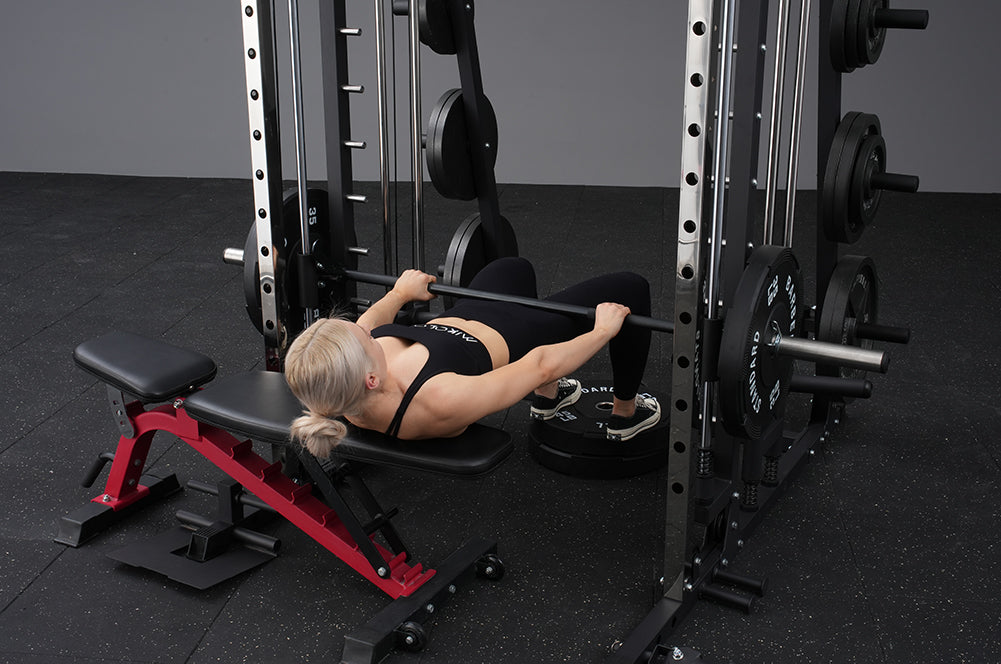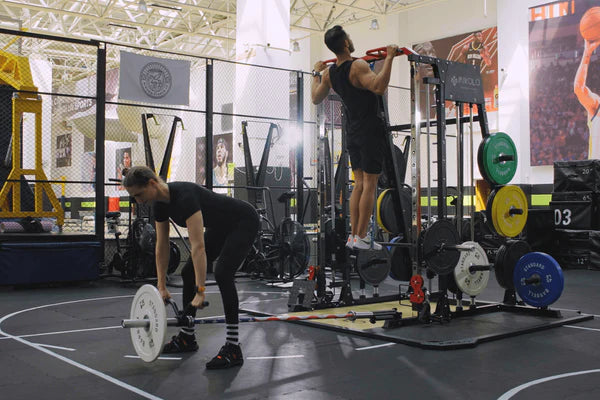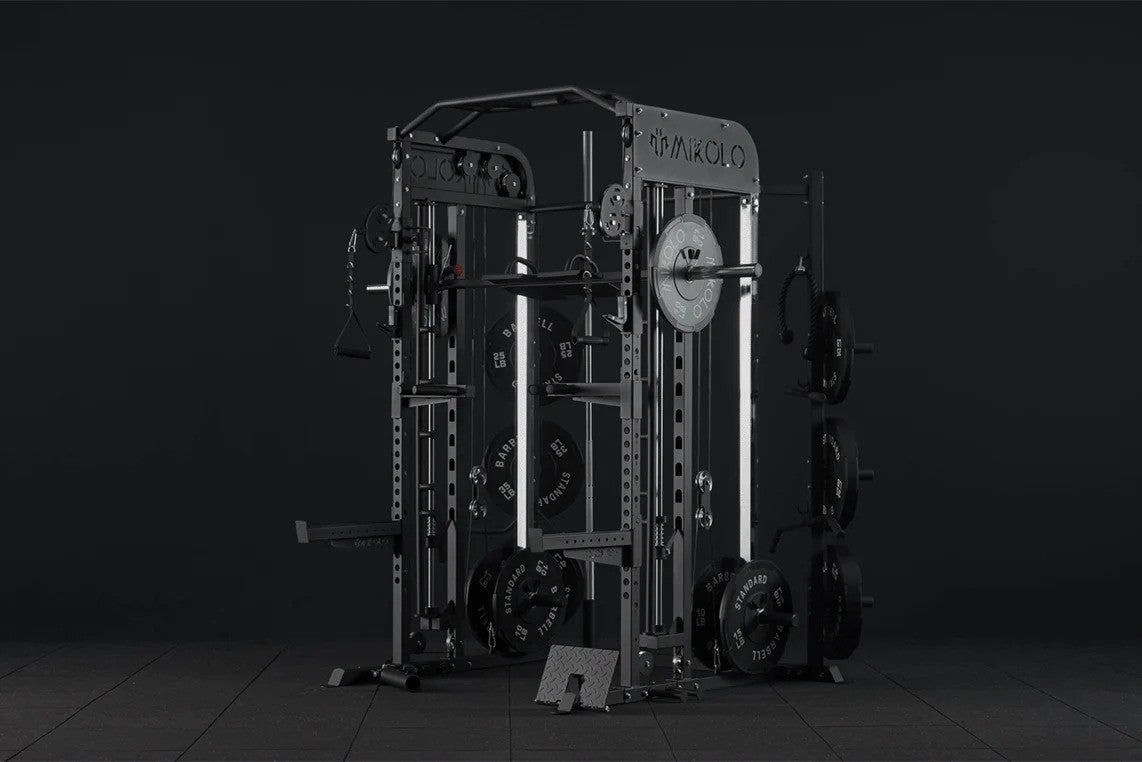Looking to build upper body strength? Want to know how many sets of bench press to do for best results? The bench press is a staple exercise in strength training, targeting the chest, shoulders and triceps. But it’s not just about the weight you lift, it’s also important to structure your sets and reps wisely. This article delves into the latest research and expert opinions to find out how many sets of bench press to include in your workout for maximum gains.
Sets For Your Goals
The number of bench press sets can vary greatly depending on your goals. Are you building strength, hypertrophy, endurance or a combination of these? Science and strength training methods recommend different approaches for each.
-
Strength: If your goal is to increase strength, the recommendation is 3-5 sets of bench press with heavy weight. In this case you should do 6 or less reps per set and go to failure. This high intensity approach challenges your muscles and leads to strength gains.
-
Hypertrophy (Muscle Growth): For those looking to build muscle size a slightly different approach is recommended. The sweet spot is 3-6 sets of 6-12 reps. This rep range is the one used by bodybuilding professionals and provides enough stimulus to promote muscle growth by balancing mechanical tension and metabolic stress. You can adjust the number of sets and reps within this range to find what works best for your body and for continuous progress.
-
Endurance: If you want to improve muscular endurance the focus is on higher reps with lighter weight. Typically 2-4 sets of 15 or more reps are recommended. This type of training helps your muscles to be able to sustain longer activity, benefits endurance athletes and those who want to increase their overall fitness endurance.
Other Factors Beyond Sets
While the number of sets is important, other factors like rest intervals, weight intensity and training frequency are key to your bench press routine:
-
Rest Periods: Adjust your rest between sets according to your goals. For endurance and hypertrophy shorter rest periods of 1-2 minutes are ideal. For strength focused workouts longer rest periods of 2-5 minutes are better to allow for proper recovery between heavy lifts.
-
Weight Intensity: The weight you lift should match your goals. Heavier weight with fewer reps is for strength, lighter weight with more reps is for endurance and hypertrophy.
-
Training Frequency: Consistency is king. Whether you do bench press multiple times a week or follow a split you will see progress.
Individual Factors
Personal factors like your current fitness level, age and recovery ability play a big role in determining the number of sets:
-
Beginners: Those new to bench press will see big gains with 2-3 sets. Start with a lower volume to build a foundation and reduce the risk of injury.
-
Advanced Lifters: More experienced lifters may need a higher volume of 4-6 sets or more to continue to progress. As your body adapts you can increase the number of sets to overcome plateaus and promote more strength and muscle gains.
Listen to your body and adjust your intensity and volume based on how you feel. Also introducing variety in your bench press routine – like changing grip width, adjusting the bench angle or switching between barbell, dumbbell or machine press – will help you to overcome plateaus and challenge your muscles in new ways.
How to get the most out of your bench press
Combine scientific guidelines with personal approach:
-
Start with Recommended Sets and Reps: Start with the sets and reps that match your goal, whether strength, hypertrophy or endurance.
-
Monitor Your Progress: Listen to your body and adjust as needed. If you’re not seeing the results you want, try changing the number of sets, reps or weight.
-
Quality over Quantity: Make sure each rep is done with proper form and technique. Quality reps are more beneficial and safer than just adding more sets.
-
Mix it up: Change up your bench press variations to keep your muscles engaged and balanced.
Bench press isn’t just about lifting weights, it’s about designing a workout plan that matches your goals, fitness level, and preferences. By knowing the right number of bench press sets for your goals and adjusting based on science and personal feedback you set yourself up for progress and success. Press on knowing each set gets you closer to your fitness goals.












































Leave a comment
This site is protected by hCaptcha and the hCaptcha Privacy Policy and Terms of Service apply.